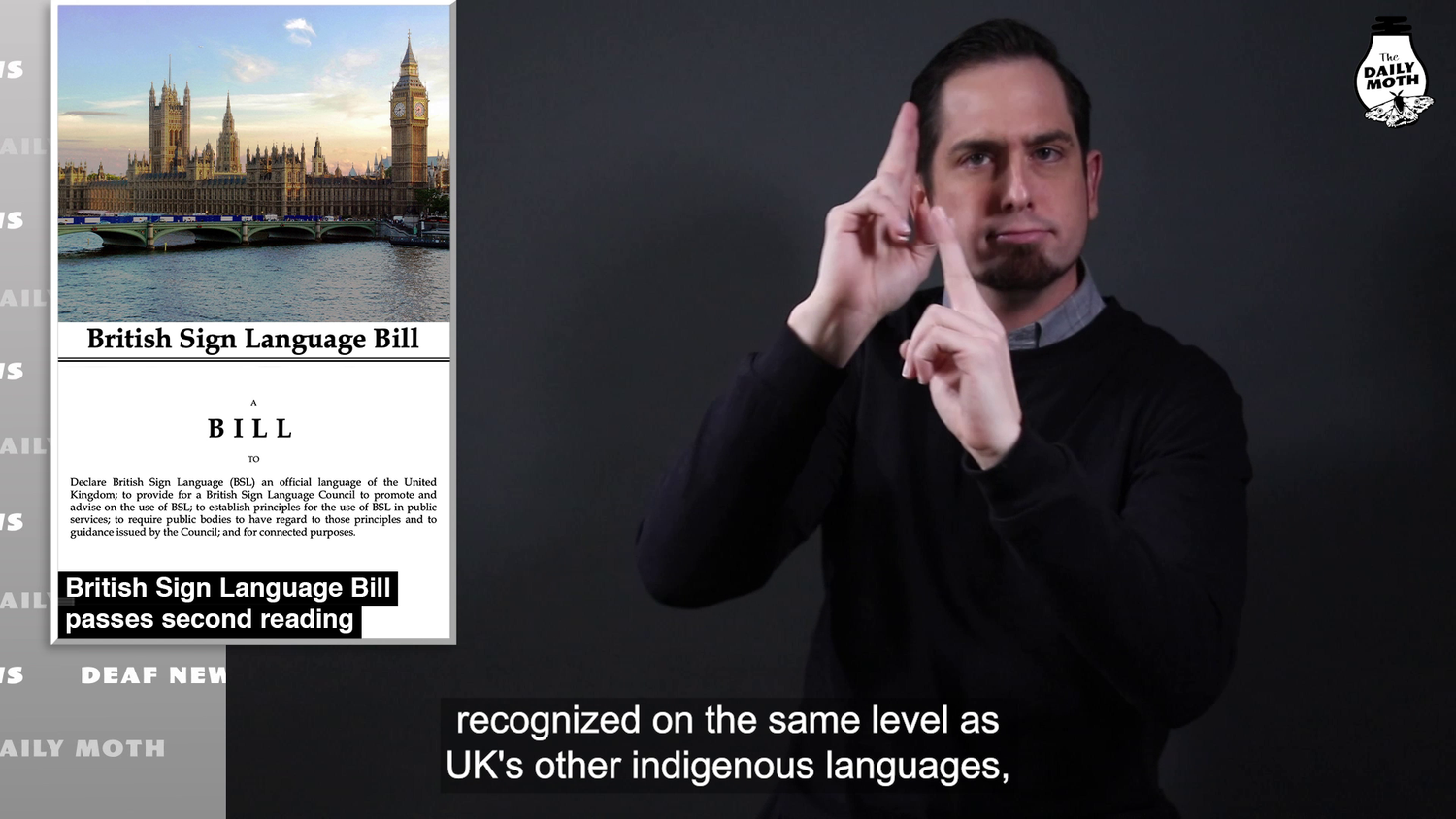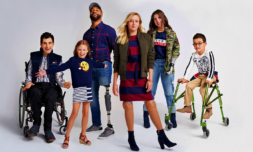The UK government has backed a bill to make BSL a legally recognised language, a move that the British Deaf Association says will give deaf people equal access to education and public services.
A bill that would make British Sign Language (BSL) a legally recognised language in the UK and help deaf people play a more prominent role in society has received government backing.
The proposed law was introduced by Labour MP Rosie Cooper, who drew upon her own experience of growing up with deaf parents – including having to book a family holiday on their behalf – for reference during a Commons debate on the matter.
Arguing that no child should have to ‘shoulder responsibility well beyond their years’ as she did, Cooper urged for support towards every deaf person who’s been ignored, misunderstood, or even treated as unintelligent for simply relying on BSL.
‘My bill aims to help put deaf BSL users on a more equal playing field with everyone else, to require the government to work with deaf people to develop guidance on how public bodies should enable the use of BSL across their services,’ she said. ‘They shouldn’t have to face these barriers.’

Given more than 87,000 UK citizens rely on BSL to communicate and that 150,000 use it on a daily basis, it’s certainly surprising that deaf people still do not have access to the same essential information and services that are available to the hearing population.
This, unfortunately is because the Equality Act does not cover linguistic rights, forcing deaf people to rely on inadequate disability discrimination legislation to access information in their own language.
So, what would the bill entail? For starters, it pledges to improve accessibility for the audibly impaired by calling for the promotion of BSL when making public service announcements, a move that the British Deaf Association says will give them equal access to education, employment, and the NHS.
Not only this, but it would look at increasing the number of BSL interpreters across the UK and see the launch of an advisory board for BSL users to offer guidance to the nation’s welfare, pensions, and child maintenance policy department (DWP) on how and when to use it.





















